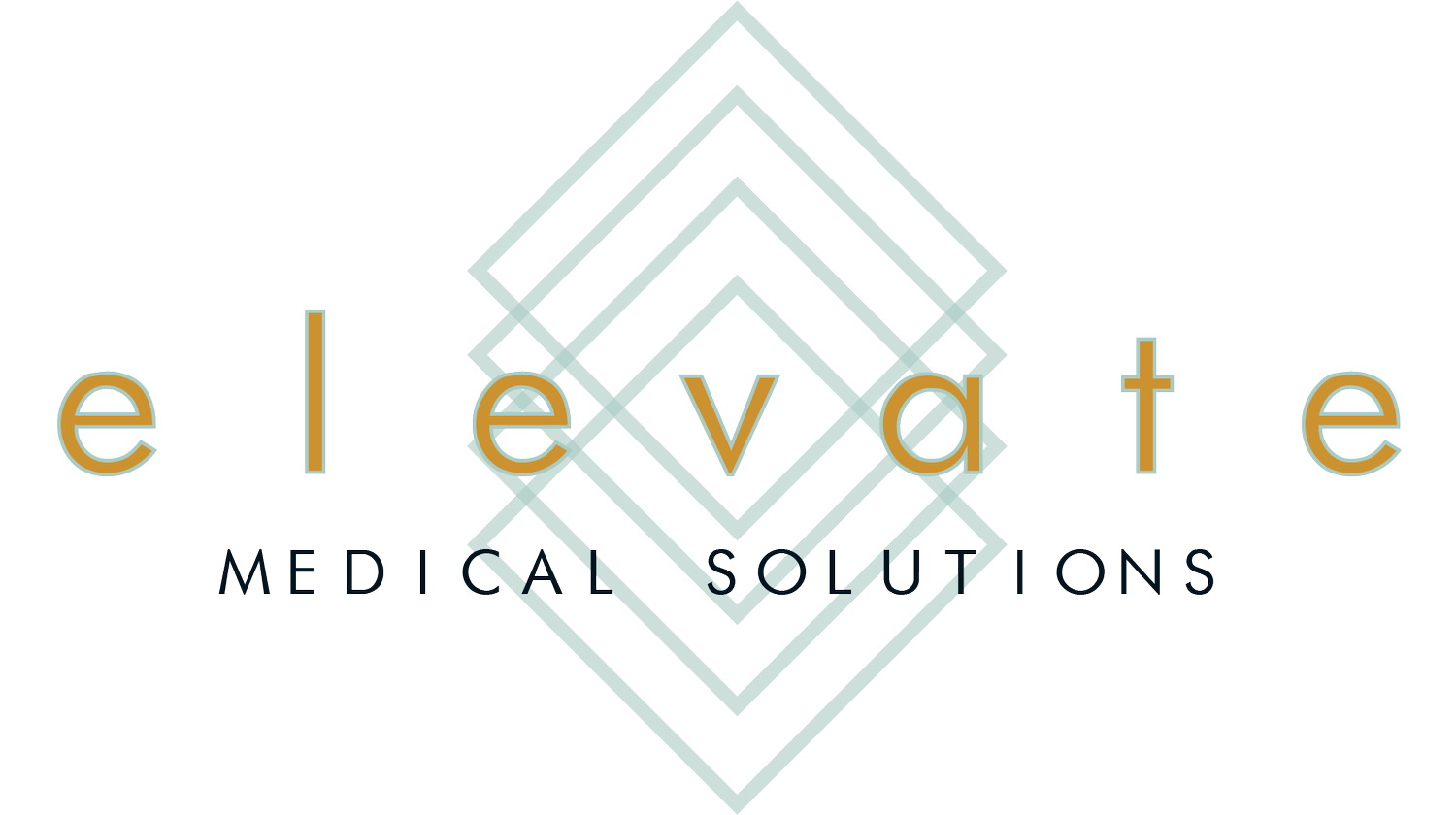What Do Payers Have to Do With It?
By Lisa Boyer, RHIT, CPMA
Wow! Where should I begin? If you have been in healthcare for any length of time, you are aware that there are many “interpretive differences” in how coding and instructional guidelines are applied. While most of the differences are between CMS and CPT, other payers and Medicare Advantage plans may choose to develop contractual agreements which side with CMS and/or CPT depending upon the situation.
So … what should coders do? Get involved and team up with the revenue cycle and billers to know the details and guidelines of your top payers and their contractual agreement with your organization. Are pre-authorizations required? Does the payer accept consultation codes? Do they have other particular requirements that are “out of the norm”? What is covered during a complete physical? Are all preventive lab services covered for all payers? Unfortunately, there is no one-size fits all approach which makes collaboration within the revenue cycle team imperative.
Take this example into consideration: What is the best E/M code to utilize for hospital (IP/OBS) consultation codes for those payers who do not recognize consultation codes? This is challenging to answer as there is not an agreed upon interpretation of the rule. Remember Medicare (and some payers who follow suit) do not recognize consultation codes.
See Medicare Claims Processing Manual: Chapter 12, Page 40 for Observation consult coding advice. According to this information from Medicare: OBS consults are deemed an outpatient service, so an office or other OP code should be utilized.
Observation Consult Coding – Medicare
OBS Consult: Per Medicare Claims Processing Manual -Chapter 12: (Page 40/192)
Payment for an initial observation care code is for all the care rendered by the ordering physician on the date the patient’s observation services began. All other physicians who furnish consultations or additional evaluations or services while the patient is receiving hospital outpatient observation services must bill the appropriate outpatient service codes. For example, if an internist orders observation services and asks another physician to additionally evaluate the patient, only the internist may bill the initial and subsequent observation care codes. The other physician who evaluates the patient must bill the new or established office or other outpatient visit codes as appropriate.
B. Physician Billing for Observation Care Following Initiation of Observation Services: Similar to initial observation codes, payment for a subsequent observation care code is for all the care rendered by the treating physician on the day(s) other than the initial or discharge date. All other physicians who furnish consultations or additional evaluations or services while the patient is receiving hospital outpatient observation services must bill the appropriate outpatient service codes.
In considering IP consultations, the general rule of thumb is that only one initial visit is applied per encounter, with the exception of utilizing a second initial E/M level for the consultant and appending an AI modifier to the “principal physician of record” for inpatient and skilled nursing accounts. The problem?? Not all payers recognize the AI modifier. Yikes!!
Because there is conflicting guidance in regard to proper OBS/IP consultation E/M code assignment my advice would be to query your payers to determine what their consultation coding and reimbursement policies are. Unfortunately, your coding and insurance teams will need to track this information to be able to easily access and abide by the guidance set forth by your payers.
While healthcare facilities are often blamed for alleged over-coding or selecting codes that are deemed inaccurate, the variances that are allowed within the healthcare payer contractual agreements set coders up to be the “fall guy”. Not only are there overwhelming contractual nuances, codes and coding rules continue to be updated every few months. This ongoing rollercoaster of adapting to coding changes and contractual updates, only add to the ongoing coding and reimbursement challenges that lead to the “perception” of incorrect coding practices. This does not excuse coders by any means as it is up to coders and coding management teams to ensure proper coding education, ongoing coding quality review and assessing areas of improvement in common denials are in place to optimize coding accuracy and efficiency.
Ultimately a collaborative approach between coders, the revenue cycle and providers will provide the best-case scenario in regard to documentation, coding and insurance claim efficiency. This team effort will further enhance overall revenue cycle integrity by reducing denials, allowing the healthcare organization the reimbursement they deserve, while ultimately improving patient care and satisfaction as cleaner claims result fewer denied charges.
If you’re struggling with any of the common issues addressed in this article, we can help. Elevate Medical Solutions offers several services to allow you to benchmark your facility’s practices and confirm your organization is meeting compliance goals:
3Di Audits: Review of coding, documentation and processes efficiency
Coding Audits: Review of ICD-10-CM, ICD-10-PCS, CPT, E/M, Modifiers
Contractual Payment Integrity Review: Find out if you are being paid all you are owed
Denials Assistance: Assistance in recouping funds you are owed
If you’re interested in any of the above services, contact us for a complimentary consultation.
